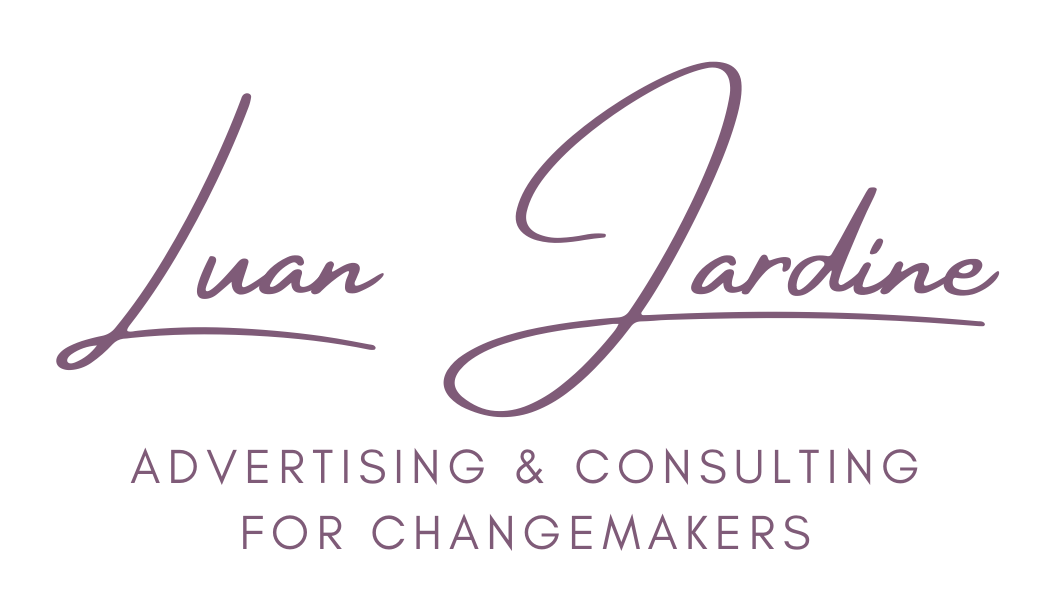6 Employer Red Flags To Look Out For
I’ve been to a lot of interviews. I’ve been gathering information along the way so that I can learn from my experiences. I’ve been interviewed by a lot of amazing companies, and a lot of strange ones. I’ve clicked with employers, and I’ve been extremely uncomfortable. I hope you can learn something from what I went through whether you are an employer or a job-seeker.
1. It feels like they won’t let you speak during the interview, or they keep interrupting you.
If an employer asks you a question and they won’t let you answer it, that’s a red flag. I realize how ridiculous it sounds but it happens more than you would think. I think employers often think that if they put you under pressure or overwhelm you by asking a number of questions in a row, it’ll “expose” you. It’ll show them how you work under pressure. Unfortunately, that’s not the way pressure works. Interviews are different than on-job practices. By becoming overwhelmed, you’re more inclined to doubt yourself and your skillset. You shouldn’t have to work for someone that makes you feel like that.
2. The employer comments on how attractive you are.
Yes. This happens. It is one of the most awkward and horrible situations to be put in during an interview. It is not professional to make comments like “you’re beautiful” or “you look like you work out”. Flattering, maybe (but often just creepy) and it just triggers the candidate to think about all the sexual harassment that might take place in that office. A person should not be hired because of the way that they look, commenting on the look of someone in an interview will definitely give that impression. If your potential employer comments on how you look, it should not be taken as a compliment, it is 100% a red flag.
3. They discriminate based on what you look like.
This is similar to my other point about commenting on how attractive you are. I have walked into workplaces wondering, “why does everyone look the same?” RED FLAG. One of the questions I ask in interviews now is, “is it a diverse workplace or do you strive to be more diverse/inclusive?” I really recommend asking this. You don’t want to be associated with a company that discriminates.
4. They ask your age.
Age is just a number. It doesn’t tell an employer how experienced you are. Unless there is some technicality, they should not ask your age. I have found that often employers do not want to hire young people. You’d think, the older you can look walking into an interview the better. Wrong. BE YOU! If they aren’t going to hire you because you look young or because you are young, you do not want to work for them. If they say something like “you’re a young professional” or “you’ve accomplished a lot for being young,” I think that’s fine. Being young isn’t something you can hide, and it certainly isn’t a reason you shouldn’t be hired.
5. They ask your salary expectations before telling you what they’re offering.
This one isn’t a deal-breaker, it’s more of a pet peeve of mine. If they don’t have a number in mind when asking what your expectations are, then I think it’s a good question for the employer to ask. If they are asking to see if you can guess what they’re offering, it becomes messier than it needs to be. Obviously, a candidate wants to make a lot of money, but either they will undersell themselves (which might get them the job) or they will oversell (which usually won’t get them the job). Underselling is tempting when you’re desperate for a job, but there’s also value in being confident with knowing your worth. Ask for the salary you need to live your life, if it’s reasonable and the employer can’t provide it, move on.
6. They will only hire you as a contractor, not an employee.
This is every potential employee’s kryptonite. Sometimes being a contractor is totally fine. There’s a lot of benefits like you can create your own hours, you have the option to accept or decline projects, you can work for multiple people, you can work remotely, etc. It gets messy when an employer treats you as an employee but you’re not, you’re a contractor. The benefits of being an employee are that you get health benefits, guaranteed work, consistency, fewer taxes, etc. When you are a contractor you lose all those benefits. In my experience, businesses are usually very expectant of their contractors, taking away from all the benefits and flexibility that it’s supposed to have. Why do businesses do this? Hiring contractors or consultants saves the business money, but it costs the contractor/consultant money. As a contractor, you have to pay for all your own materials and software (computer, Adobe, Microsoft, etc), and you have to pay more taxes. As you can imagine, that a benefit to your employer but not you.
Of course, everything is on a case-by-case basis. You don’t need to judge yourself or others if you notice these red flags. I just wish someone would have told me these things 5 years ago. Hopefully this helps someone that’s looking for work and isn’t sure where to draw the line during the hiring process.


